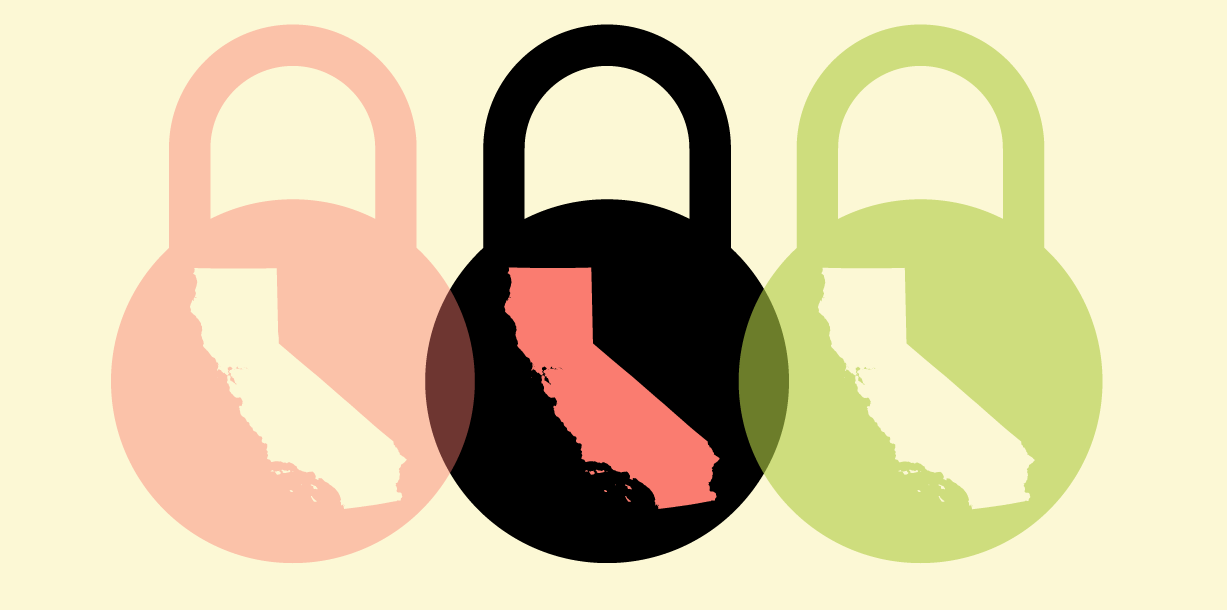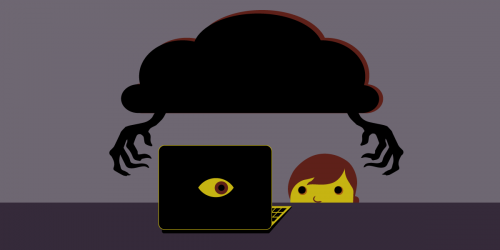Broadband privacy? Say what? That was probably what you were asking yourself in March when you read about Congress’s vote to repeal privacy rules for your Internet provider. If you were paying attention—and you should in an era where free press, voter privacy, and other constitutional rights are being challenged—you quickly realized what Congress did. It sold out your right to keep your browsing history and personal information private so the cable companies can sell it and make even more money off of you than they already do. Nice, right?
Luckily, many states, including California, have stepped up to the plate for you. They have introduced bills that give back to you the right to control how your private information is used by the companies that control the Internet pipeline into your home. In California, lawmakers in Sacramento are considering a bill that would reinstate those privacy rules, requiring Internet providers to get your permission before they can profit off of your personal information.
Silicon Valley should rally behind Chau’s AB 375 and ensure online privacy protections for all Californians —San Jose Mercury News
California has always led the country on many fronts: the environment, civil liberties, to name a few. It’s time for us to lead now. California’s top media organizations have gotten behind this legislation, A.B. 375, introduced by Assemblymember Ed Chau, a Democrat from Monterey Park.
If you care about your online privacy, you should, too. Here’s what the editorial boards of the state’s leading newspapers have to say:
Sacramento Bee Editorial Board
AT&T, Comcast and other Internet service providers can continue to track every search you make and website you visit and sell that information to the highest bidder, under legislation recently signed by President Donald Trump.
That legislation, which reversed an Obama regulation, ought to alarm any American who ventures online, no matter their political persuasion. Now comes Assemblyman Ed Chau, a Democrat from Monterey Park, carrying a bill that for Californians would reverse the legislation and provide some privacy at a time when seemingly nothing is private.
San Diego Union-Tribune Editorial Board
Assembly Bill 375 would require Internet service providers to have customers “opt in” before they are allowed to sell information on their online searches and visits. Here’s hoping state lawmakers realize the value of having such a law and reject the telecom companies’ claim that it is “unfair” to not let them capitalize on the sort of information that Facebook and Google accumulate about their users.
The difference, of course, is that people pay heavily for Internet service because in the modern era, it is akin to a must-have utility. Facebook and Google are free. It is absurd that consumers paying companies for a service should be expected to accept that the price paid includes a gross loss of privacy.
AB375, by Assemblyman Ed Chau, D-Monterey Park (Los Angeles County), would address actions taken in March by President Trump and the Republican-dominated Congress that killed an FCC privacy rule allowing customers to prevent giant phone and cable companies from gathering and using personal data such as their financial and health choices. Chau’s bill, which is still in committee, would restore those protections for Californians. It should pass.
California is uniquely able to take a strong stand in favor of consumer privacy. If the digital age has a technological and corporate center, it is here. We’re also large enough to make a difference nationally.
California has an obligation to take a lead in establishing the basic privacy rights of consumers using the Internet. Beyond being the right thing to do for the whole country, building trust in tech products is an essential long-term business strategy for the industry that was born in this region. California Assemblyman Ed Chau, D-Monterey Park, understands this. After Congressional Republicans erased Americans’ Internet broadband privacy protections in March, Chau crafted A.B. 375 to at least provide these rights to Californians.







